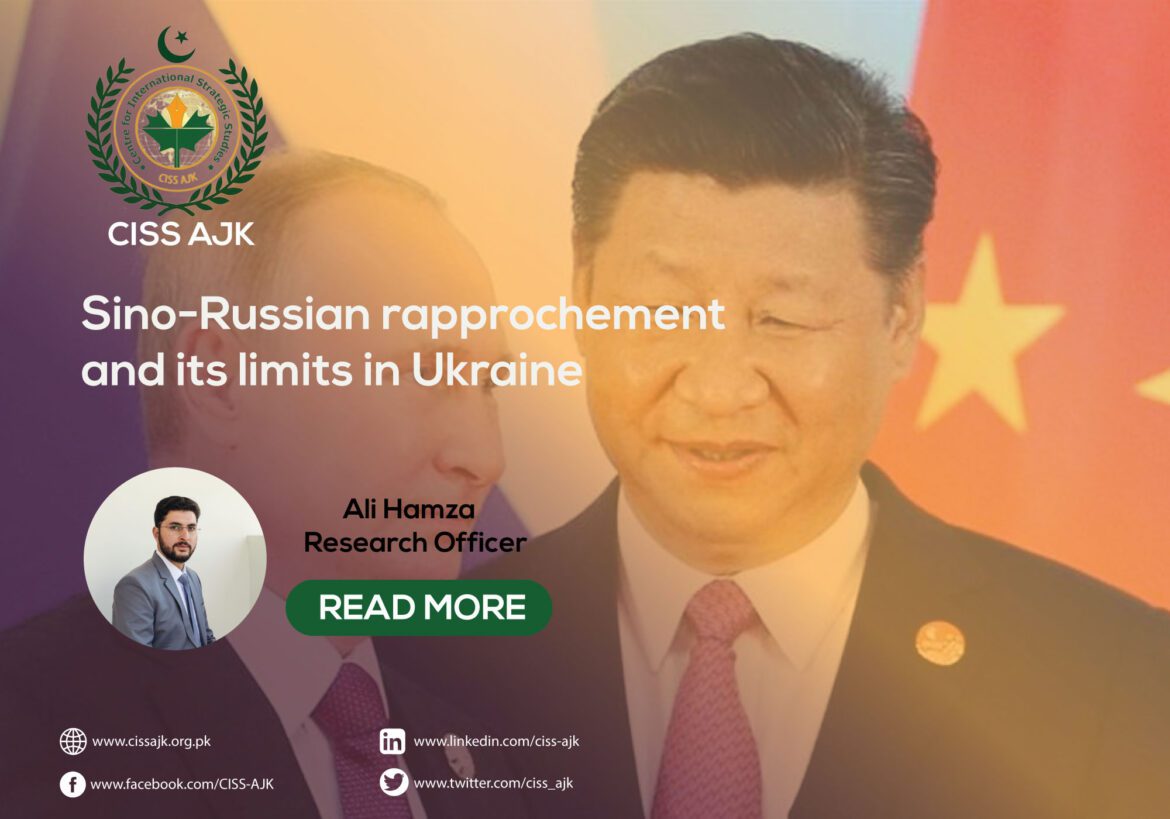The recent developments in Ukraine have brought to the fore the question of whether China will support Russia’s adventures. It is clear that the situation in Ukraine is far from stable and that it has been an ongoing source of tension between Russia and the West.
With Russian forces crossing the border to annex Ukrainian territory, Europe stands at the crossroads of global geopolitical competition. The war in Ukraine has drawn clear lines, dividing the West from Russia. With China being a major player on the world stage, it is important to understand its stance on the matter.
To begin with, it is essential to understand what has happened in Ukraine over the past few years. In 2014, a revolution took place in Ukraine, overthrowing its pro-Russian government and setting up a new government that was pro-Western. This led to a series of events including Russia’s annexation of Crimea, military intervention in eastern Ukraine, and economic sanctions imposed by both sides.
The situation has since become even more complicated with increased involvement from other countries such as Turkey and now China. Ukraine has become the battleground of not only Russian resurgence in international politics and the Western preponderance, but it is the ground where the fortunes of the future World Order might be decided.
The Sino-Russian rapprochement
It is widely accepted that China has been reluctant to get involved in this conflict, preferring instead to maintain a neutral stance. This is likely due to its own interests in maintaining good relations with both sides and avoiding any potential damage to its economy or reputation. The precedents on noninvolvement set by China have marked its foreign policy posture which relies on keeping China at a reasonable distance from geopolitical conflicts.
Historically, the rise of China has been accompanied by China’s reluctance to assert its strength in the regional conflict. This was evident when Russia annexed Crimea in 2014. China did not outrightly back Russian moves and maintained a subtle diplomatic stance. However, there are signs that China may be willing to support Russia’s actions if it believes it stands to benefit from doing so. This can also be an indication of how China sees itself as an established power today, in contrast to the past.
For instance, recent reports suggest that China has been providing financial aid to Russia in order to help them cope with the economic sanctions imposed by the West. This suggests that China may be willing to back up Russia if it stands to gain economically from doing so. Furthermore, reports also indicate that Chinese companies have been investing heavily in Russian oil and gas projects as well as infrastructure projects such as railways and ports in Crimea – all of which could potentially be used for military purposes by Russia if necessary.
The Sino-Russian rapprochement has been the dominant trend in the bilateral relationship between China and Russia. China has a heavy reliance on Russian energy supplies and Russia direly needs markets for its energy supplies as it faces severe economic sanctions from the West.
China’s balancing act
At the same time, there are also indications that China may not be willing to go too far when it comes to supporting Russian actions on Ukraine. For example, despite calls from some Russian officials for Chinese troops or weapons systems to be deployed there, Beijing has so far refused such requests due to worries about potential backlash from Western countries or even domestic opposition at home.
Similarly, while Chinese media outlets have generally portrayed Russia positively during this crisis – likely due at least partly out of solidarity – they have also been careful not to criticize Western governments too harshly over their handling of the situation either. This depicts that China has strict limits when it comes to getting itself involved in conflicts abroad.
The foremost point to consider in this regard is that China has and will avoid needlessly antagonizing the West, the essential markets for its goods. China has insisted that its worldview is different from that of a zero-sum conception of international politics; it believes in mutual growth and progress in a multilateral world. Thus, China keeps itself away from getting embroiled in needless conflicts that can its energies. While mulling over Ukraine, Chinese foreign policymakers will seriously consider this fact.
The author is a Research Officer at CISS, AJK. His research interests include strategic studies, international security and politics, and Azad Jammu and Kashmir.



